Plum Blossom Wine
PLUM BLOSSOM WINE, Poems by Li Qingzhao, trans. by Sibyl James and Kang Xuepei (Empty Bowl Press, 2024).
I had a hectic week, but this morning—with no where to go, no errands, no doctor appointments—I decided 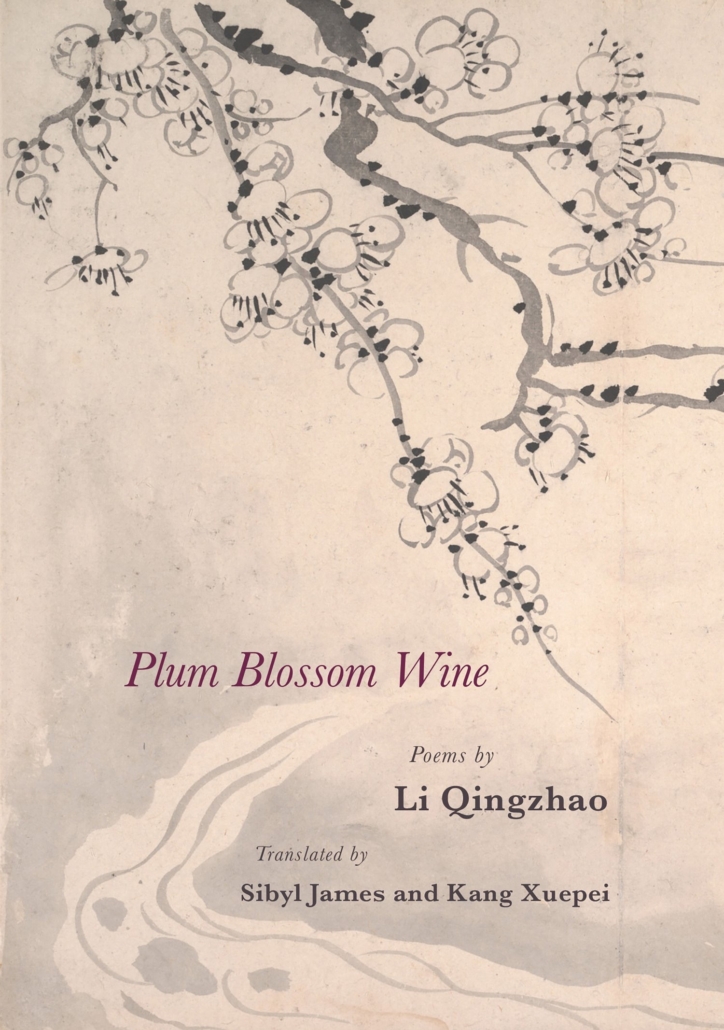 to read a book of poems. I cheated, perhaps, by picking up a small book.
to read a book of poems. I cheated, perhaps, by picking up a small book.
But, oh my. Mostly I am here to tell you how exquisite and inspiring I found this “small” —only 30 poems, printed in a 7 X 5 inch format—but powerful book, produced by Empty Bowl Press. The original Chinese of the poems written by Li Qingzhao, a Song dynasty poet (1084-1151) faces the English translation by Sibyl James and Kang Xuepei. I don’t read Chinese, and have, really, not a clue about it, but there’s something about seeing (and almost feeling) the weight of the original characters that deepens the experience.
I remember the January day when I picked this up, from a book display at Book Tree in Kirkland. Despite my resolution to buy fewer books, I couldn’t resist it. (Just look at that cover!)
James and Xuepei explain in the introduction how in their partnership they tried to honor the original spareness and artistry of the poems. They do a brilliant job. They add titles to the poems, but preserve the poet’s habit of naming the song each poem honors. (Alas, the music is lost.)
Their introduction also succeeds in briefly sketching for us the life of Li Qingzhao, a rare woman poet of her time, lucky enough to be educated, and to have married a husband (also a poet) who valued her voice. When exiled during a time of war, she lost almost everything, including her husband. Her poetry persists. Even writing of despair, her lines sing.
Just to Console Myself
To the tune of “Washing by the Stream”Healed again, but my temples suddenly gray.
From bed, I watch the thinning moon
climb my screen, drink cups of cardamom
steeped like tea.Good to lie reading in bed, loving
the look of rain outside my door.
All day beside me one consoling friend,
Osmanthus, the sweet olive.—Li Qingzhao
It was a lucky way to spend my time.
Kang Xuepei is a Chinese translator with three other books. Sibyl James is a Seattle native, though she lived and worked in China for a year; this is her fourteenth book (or fifteenth?). You can learn more about Plum Blossom Wine at its page at Empty Bowl Press.
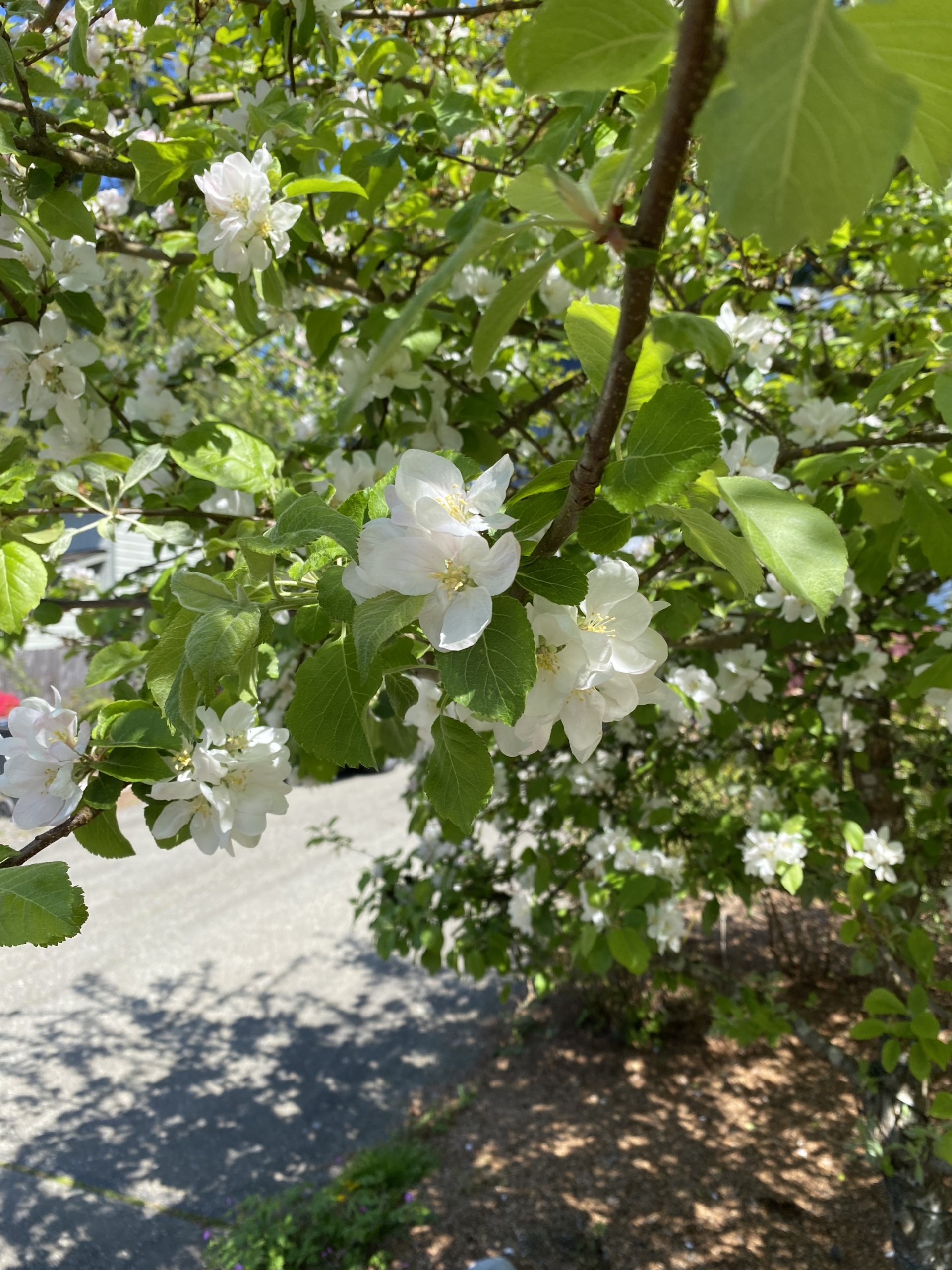

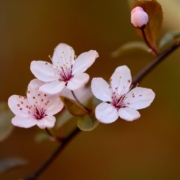

 and it is curve as in the trajectory of a life. A woman remembering her mother’s body as she anticipates the birth of her own child. A woman with small children. A woman whose grown son sleeps upstairs. A brother, surfing a wave. A blue and white bowl. Weaving throughout, the loss of the mother and grandmother. Weaving through all the other poems, the poignant grief and sweetness of making jam on a stove top, as one’s mother once, conjuring memories that curl (and curve) in the room along with the aroma, “the taste of blackberries, the reticence of grace” (“Grief”).
and it is curve as in the trajectory of a life. A woman remembering her mother’s body as she anticipates the birth of her own child. A woman with small children. A woman whose grown son sleeps upstairs. A brother, surfing a wave. A blue and white bowl. Weaving throughout, the loss of the mother and grandmother. Weaving through all the other poems, the poignant grief and sweetness of making jam on a stove top, as one’s mother once, conjuring memories that curl (and curve) in the room along with the aroma, “the taste of blackberries, the reticence of grace” (“Grief”).
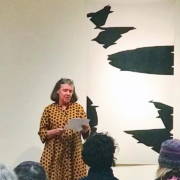
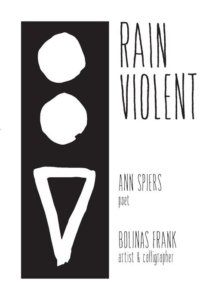 chickens, China.
chickens, China.
